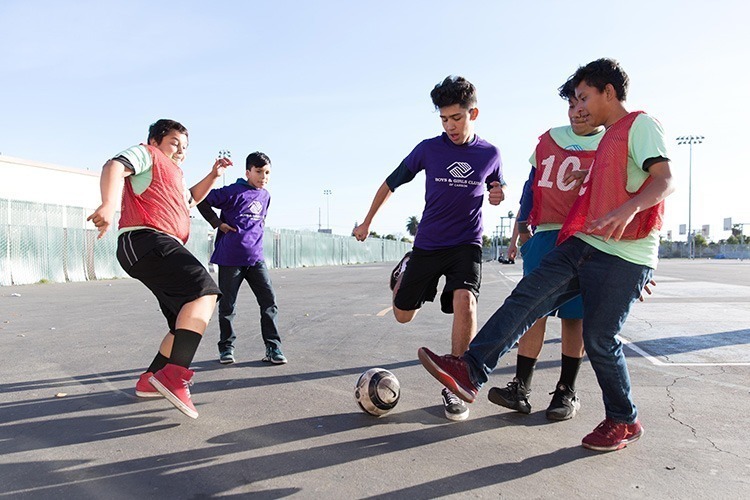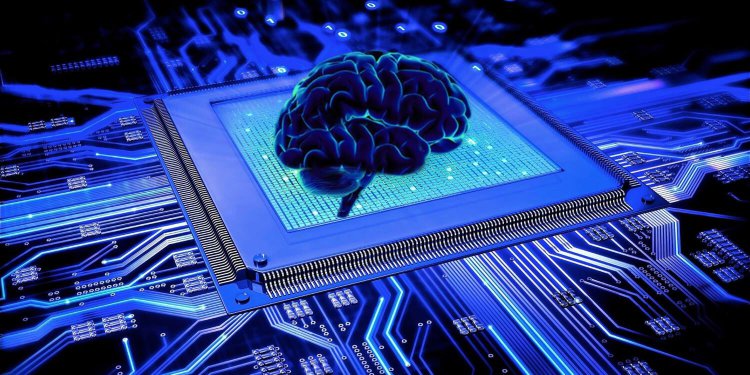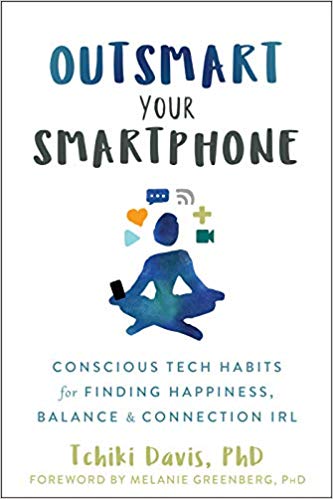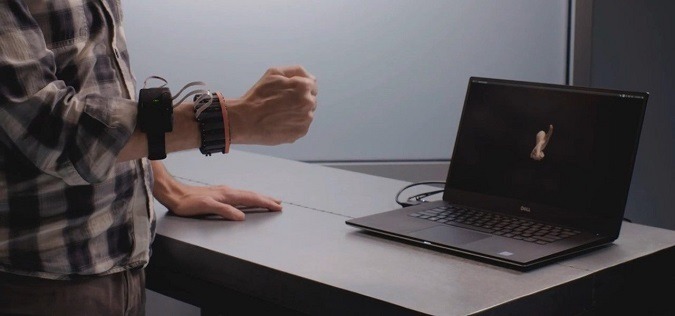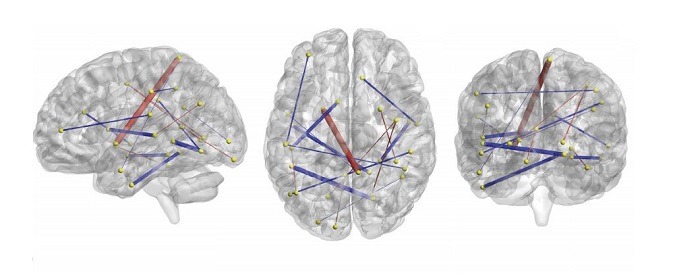Posts Tagged ‘Facebook’
Study finds ultimate hack to protect teen brains from harmful screen time: Exercise (and good role-modeling)
Recently, the Wall Street Journal ran an article about how Instagram was affecting teen mental health. In particular, some internal studies at Facebook (which owns Instagram) appeared to confirm that when teen girls used the site, they suffered poorer body image and were at increased risk for depression and eating disorders. But is social media…
Read MoreDebate: Will brain-computer interfaces replace smartphones and other “mediating” devices?
The Fifth Industrial Revolution: where mind meets machine (The National): The Fifth Industrial Revolution will make that connection closer and seamless, and will feel unmediated. The smart device onto which we tap and into which we speak will disappear. Brain-computer interfaces will replace them…Can we connect our brains – and our minds – to machines?…
Read MoreFour guidelines for smart use of smartphones
These days, you can’t go anywhere without hearing about how technology is ruining everything, including our happiness. There is some truth to this, but it’s not the whole story. Technology can be bad for us—for example, when social media gives us FOMO (fear of missing out) or traps us in filter bubbles that prevent us from…
Read MoreQ&A: What does the Facebook acquisition of CTRL-Labs mean for Neurotechnology and Augmented & Virtual Reality?
__________ While sitting at dinner with an unsuspecting friend, my phone blew up with oddly-late messages from fellow neurotechnology comrades. CTRL-Labs announced their impending acquisition by Facebook and integration into Facebook Reality Labs (responsible for Oculus et al.), for enough money to buy my guilt-inducingly-expensive New York coffee for a meager 550,000 years. Woah—so very many questions. I…
Read MoreVirtual reality games and related neurotechnologies spark a new generation of dementia & cognitive tests
__________ The Virtual Reality Game Gathering Data for Dementia Researchers (Bloomberg): “Navigating an ice-walled lake or scouring a swamp for a hidden monster may sound like a fun premise for a virtual-reality video game. But there’s a serious purpose behind the new game Sea Hero Quest VR: helping neuroscientists design a new test for dementia.
Read MoreE‑Newsletter: Neuroimaging + machine learning can predict, with 96% accuracy, whether high-risk 6‑month-old babies will develop autism spectrum disorder (ASD) by age 2
_____ Time for SharpBrains’ June e‑newsletter, featuring fascinating scientific findings, promising assessments, therapies and brain health monitoring tools…and some fun optical illusions :-) New research Study combines neuroimaging with machine learning to predict, with 96% accuracy, whether high-risk 6‑month-old babies will develop autism spectrum disorder (ASD) by age 2 Cognitive Training or Gingko Biloba to prevent cognitive decline and…
Read More
